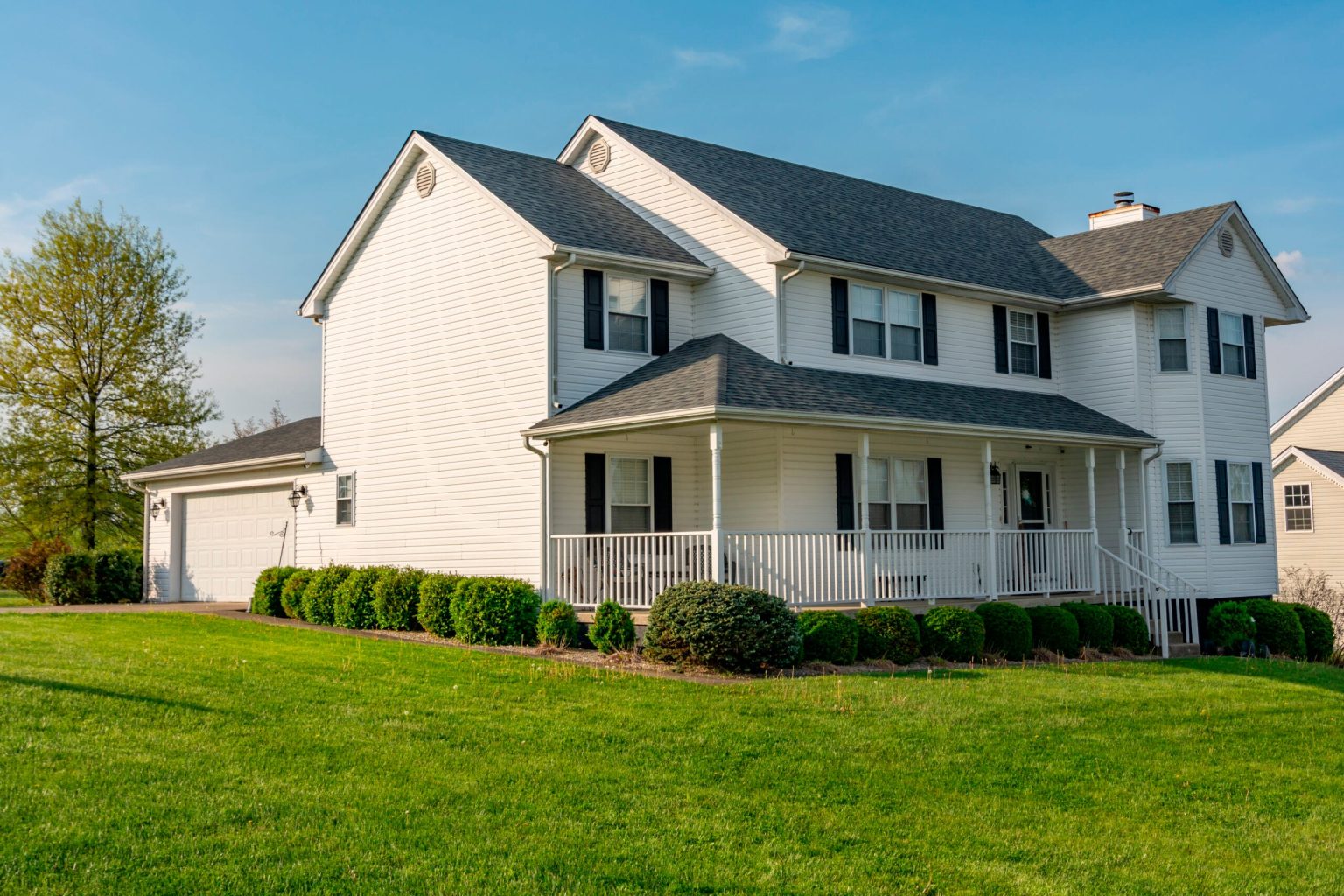In May 2024, the average interest rate for a standard 30-year fixed mortgage is 7.18%, which is down -0.16% from the previous week. The average rate for a 15-year fixed mortgage is 6.62%, showing a decrease of -0.11% compared to the previous week. Mortgage rates can fluctuate based on various factors such as economic data, geopolitical events, and inflation. The Federal Reserve has been delaying rate cuts due to stagnant inflation data, impacting housing market predictions.
Mortgage rates are subject to change daily, and experts recommend shopping around to secure the lowest rate possible. Depending on the loan term and type, borrowers can choose between a fixed-rate mortgage, where the interest rate remains constant throughout the loan term, or an adjustable-rate mortgage, where the rate fluctuates after an initial fixed period. Fixed-rate mortgages are suitable for long-term homeowners, while adjustable-rate mortgages may offer lower initial rates.
The most common loan terms for mortgages are 15 and 30 years, with variations such as 10-, 20-, and 40-year mortgages also available. A 30-year fixed mortgage typically has a higher interest rate compared to a 15-year mortgage but offers lower monthly payments. On the other hand, a 15-year fixed mortgage comes with a lower interest rate, enabling borrowers to pay less interest over time and pay off their mortgage sooner. Additionally, a 5/1 adjustable-rate mortgage provides a lower introductory rate for the first five years, potentially benefiting those planning to sell or refinance within that period.
In recent years, mortgage rates have risen due to high inflation and the Federal Reserve’s interest rate hikes, impacting borrowing costs for home loans. The average rates have ranged between 6.5% and 7.5% since late last fall, affecting homebuyers’ purchasing power. Limited housing inventory, stagnant wage growth, and elevated home prices add to the affordability crisis in the housing market, leading to reduced mortgage demand. Experts predict mortgage rates to end the year between 6% to 6.5%, contingent on the Federal Reserve’s interest rate adjustments.
While experts anticipate a potential decline in mortgage rates to around 6.5% by the end of the year, economic factors such as inflation, labor data, and geopolitical events can influence the direction of rates. Mortgage rates are shaped by various elements, including supply and demand dynamics, monetary policy, and market expectations. Homebuyers should focus on financial preparedness, saving for a down payment, improving credit scores, and researching loan options to secure competitive mortgage rates when the timing is optimal. Comparing offers from different lenders can help borrowers find the best rate for their situation.
Despite the current high mortgage rates and home prices, the housing market’s affordability may improve in the future. Saving for a larger down payment, raising credit scores, reducing debt, exploring assistance programs, and conducting thorough lender research are strategies to secure favorable mortgage rates. As mortgage rates remain relatively high, homebuyers should focus on financial stability and budgeting to prepare for monthly mortgage payments. Continuing to monitor market trends and seeking professional advice can help homebuyers navigate the complex mortgage landscape successfully.












